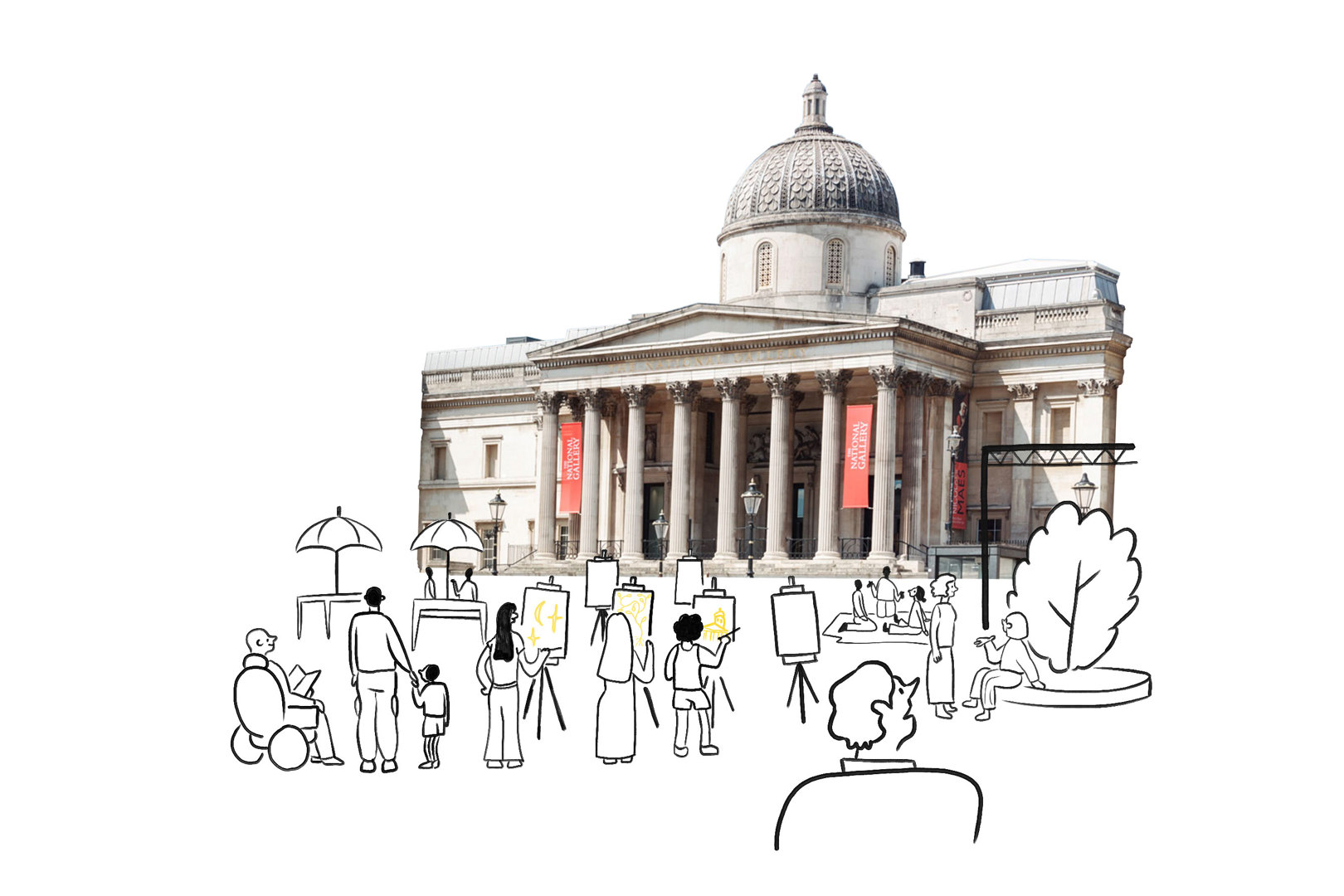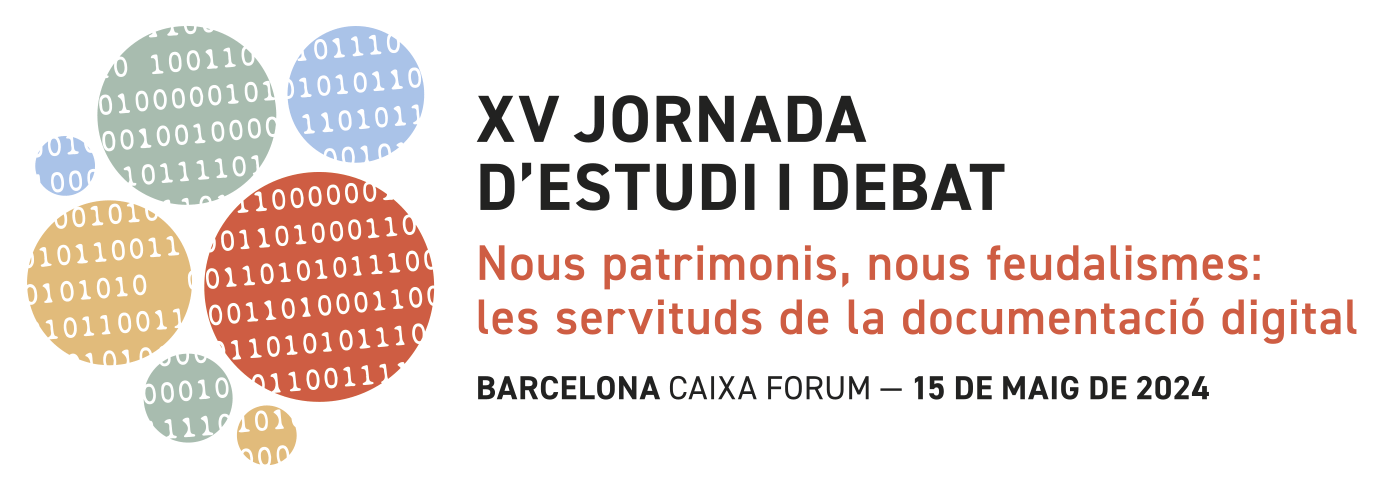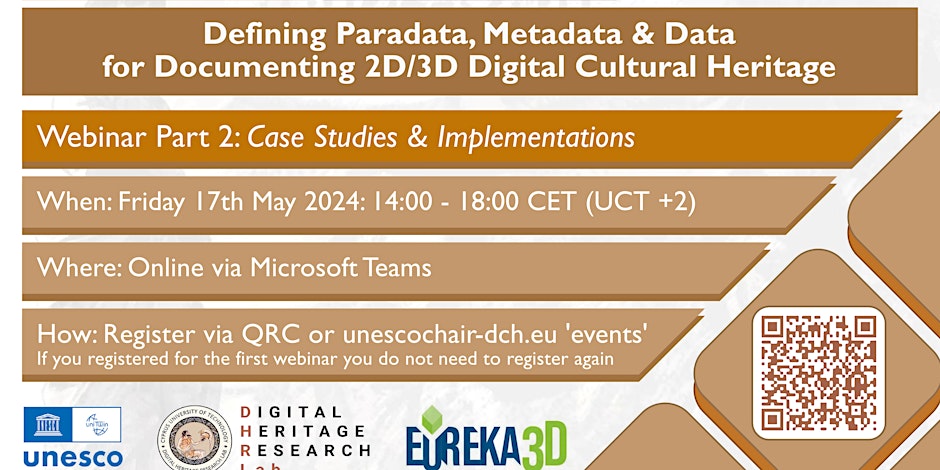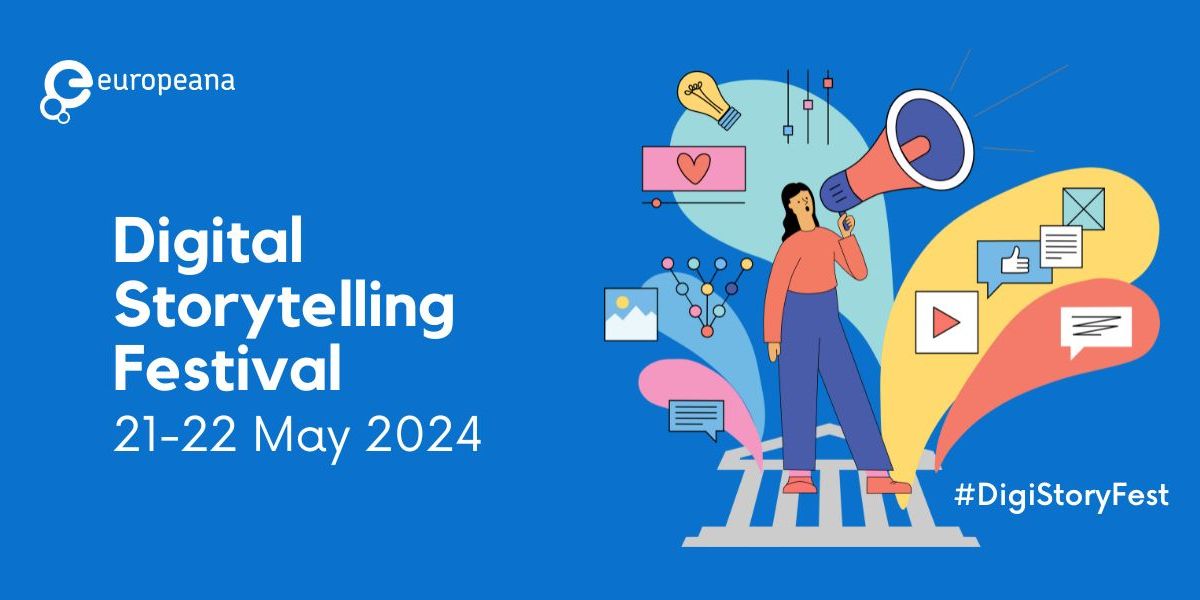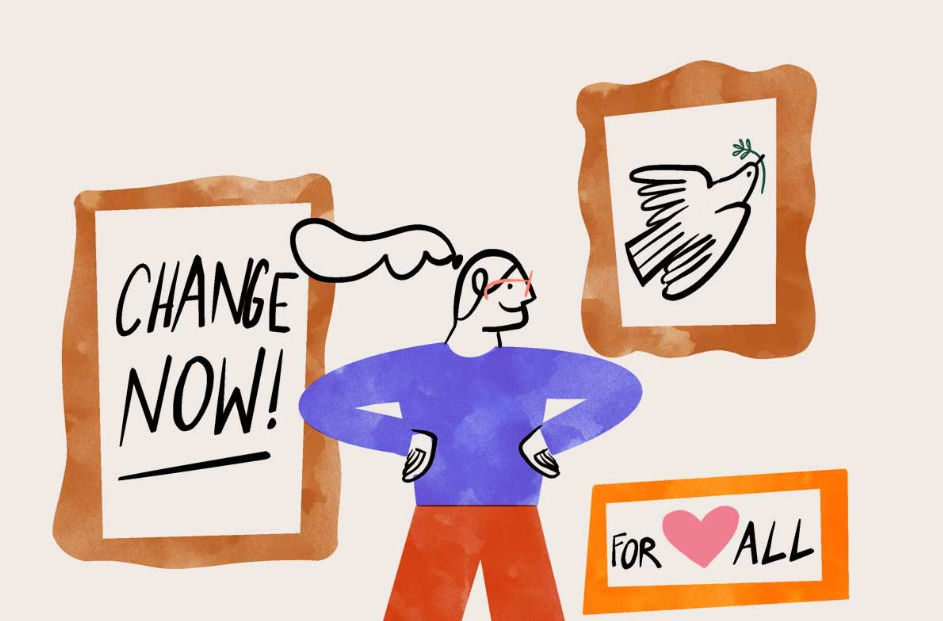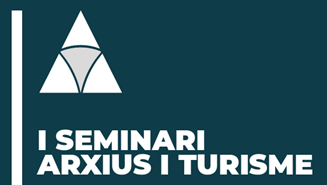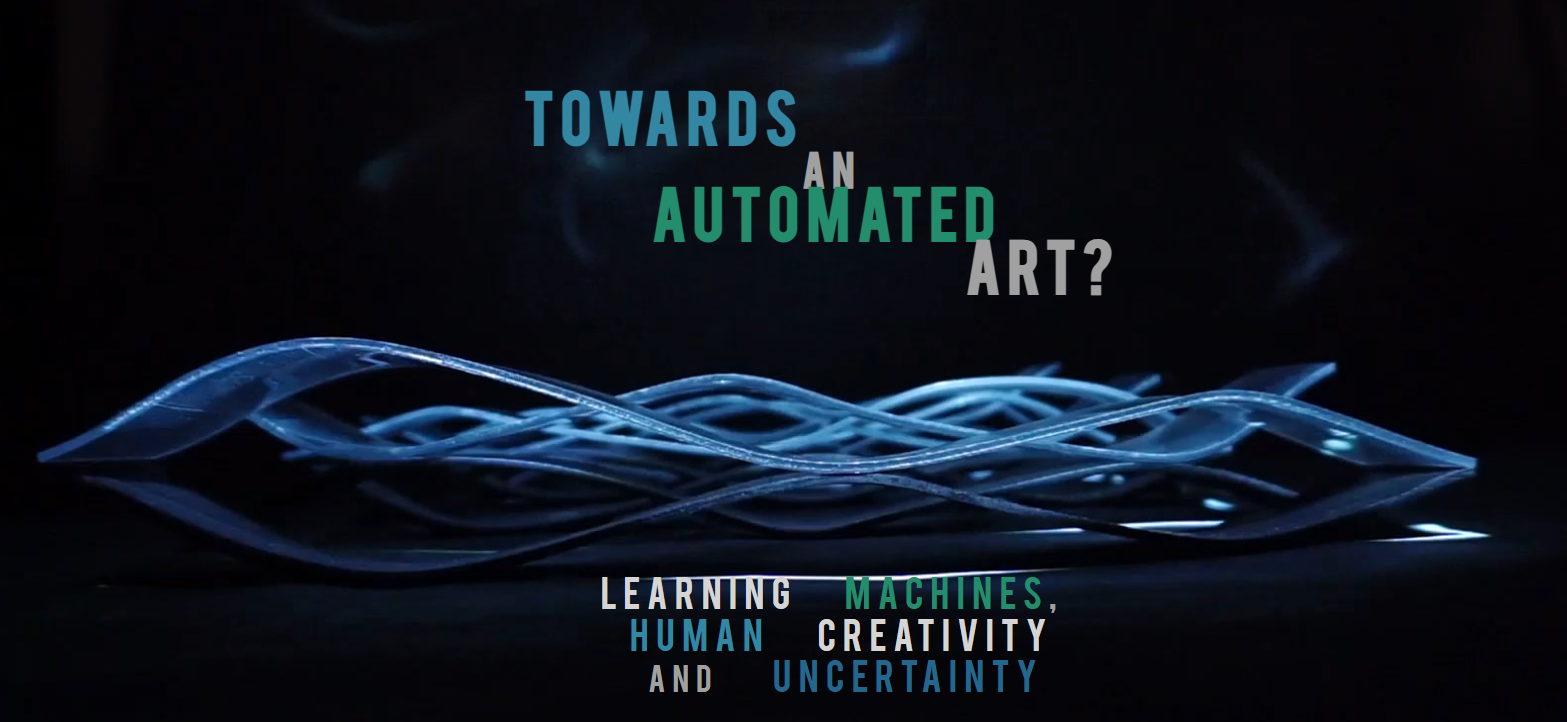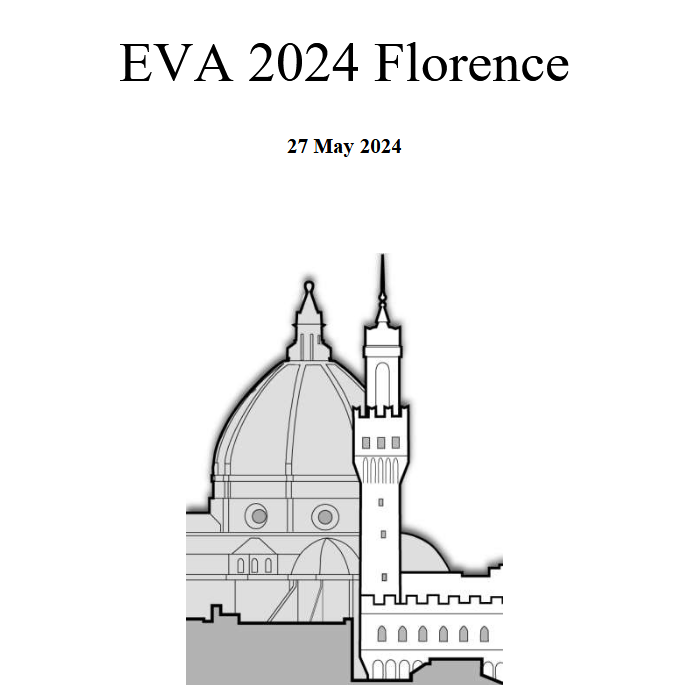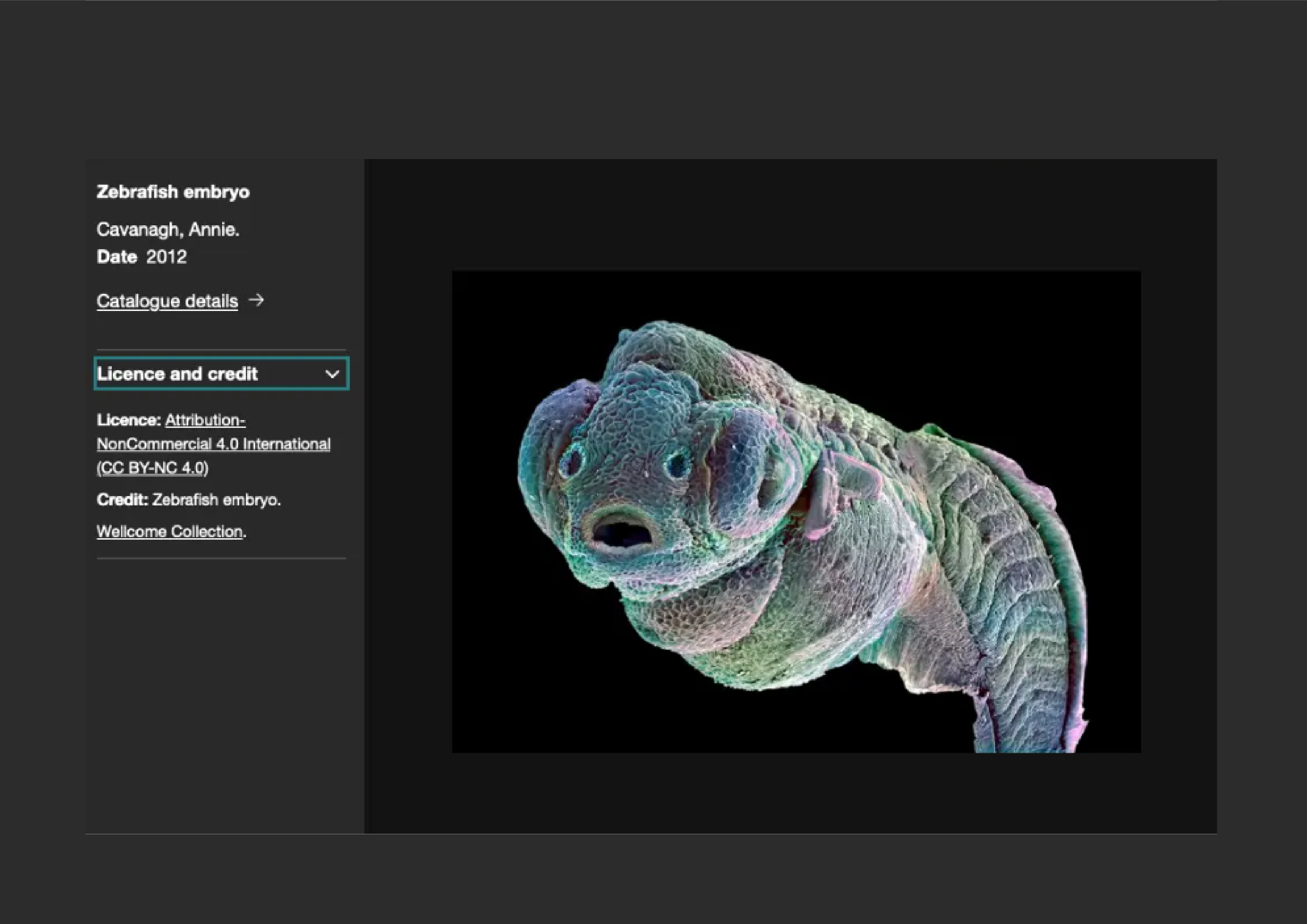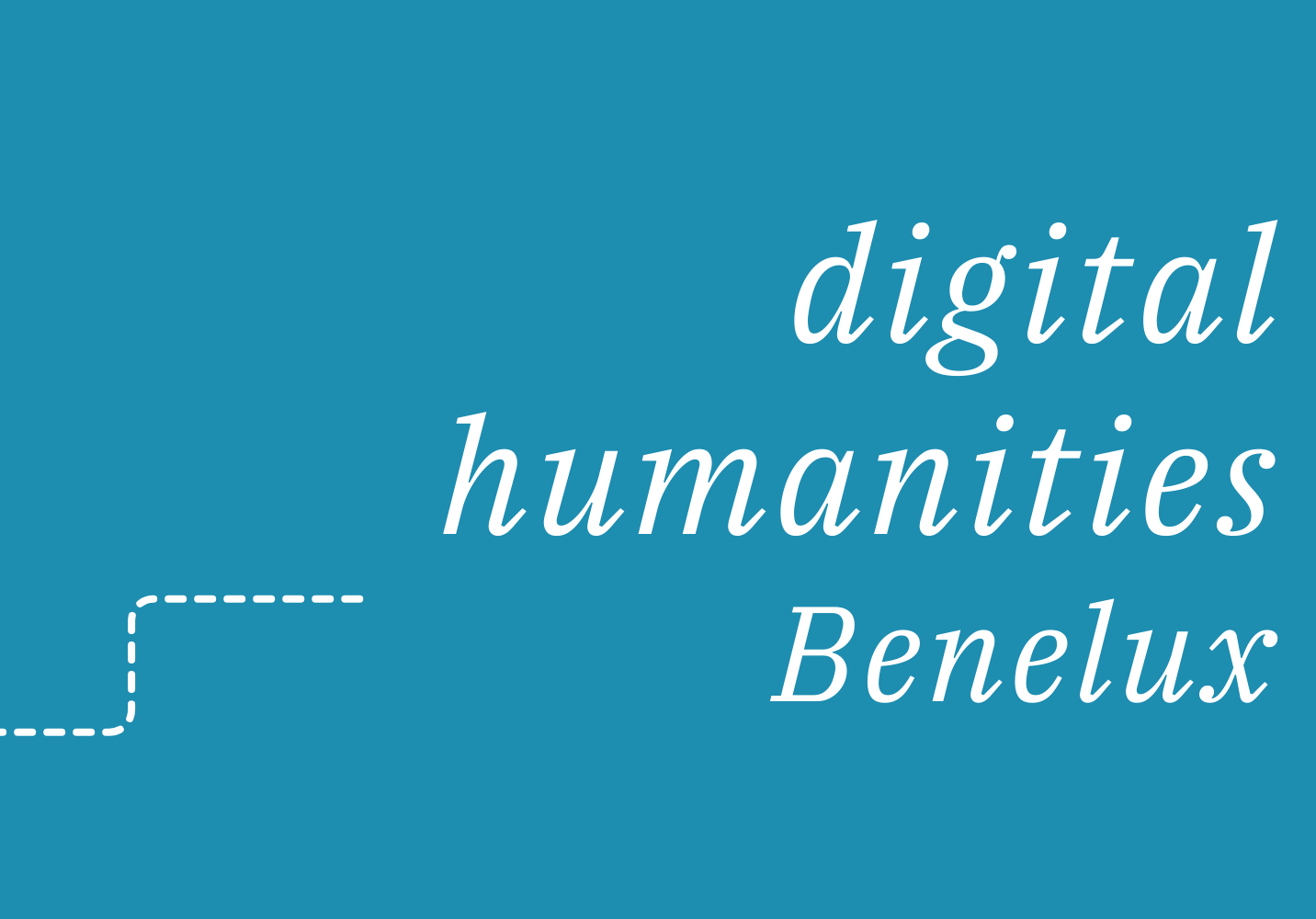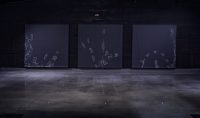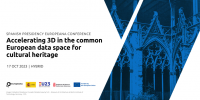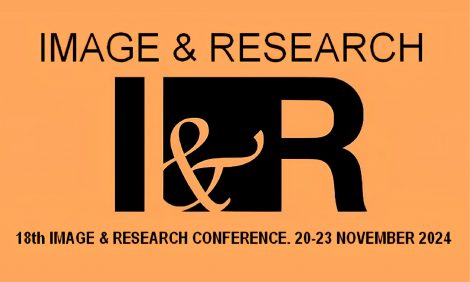This second release of D8.1 “Competitive Evaluation Strategy” [Agosti et al., 2014] has a twofold goal:
- In December 2016 there will be the final tender of the PREFORMA project which is aimed at selecting the suppliers which will participate in the “Testing Phase” scheduled from January to June 2017. This deliverable defines the criteria according to which suppliers participating in this tender will be evaluated and compared in order to determine which of them will actually proceed to the “Testing Phase”.
- The “Testing Phase” will evaluate the tool produced by the suppliers on real experimental collections in order to assess their overall quality for conformance checking. This deliverable defines the methodologies and protocols which will be used in this phase to assess the suppliers’ tools.
The document is organized as follows: Section 2 describes the new instantiation of the “PREFORMA Evaluation Matrix” tailored for evaluating the access to the “Testing Phase”; Section 3 introduces the procedures according to which the tender in December 2016 will be managed; Section 4 introduces the framework which will be adopted to evaluate suppliers’ tools during the “Testing Phase”; Section 5 details, for each media type targeted by PREFORMA, the testing classes which will be used; Section 6 describes the practical workflow which will be followed to operate the “Testing Phase”.


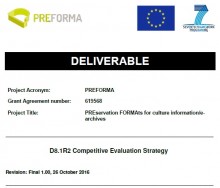
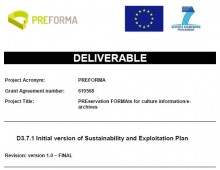
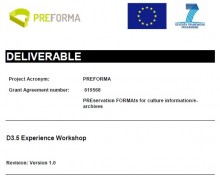
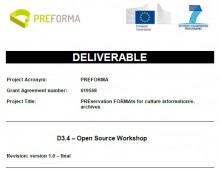
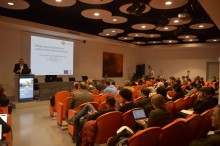
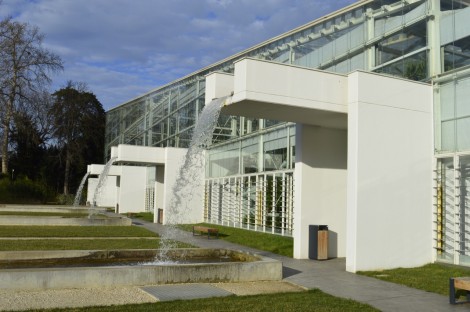
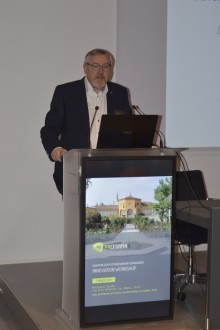
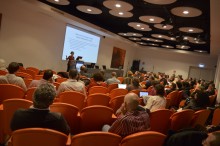
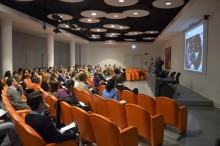
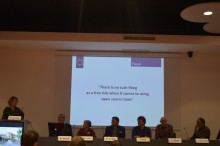
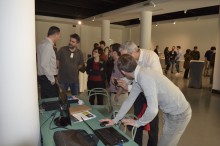
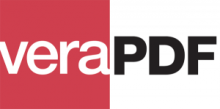
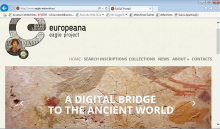

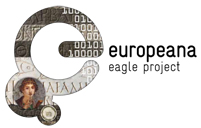 EAGLE aims to build a multi-lingual online collection of millions of digitised items from European museums, libraries, archives and multi-media collections, which deal with inscriptions from the Greek and Roman World. The aim of the network is to make available the vast majority of the surviving inscriptions of the Greco-Roman world, complete with the essential information about them and with a series of peer-reviewed translations in several European languages. These are notoriously unavailable for inscriptions, as photos.
EAGLE aims to build a multi-lingual online collection of millions of digitised items from European museums, libraries, archives and multi-media collections, which deal with inscriptions from the Greek and Roman World. The aim of the network is to make available the vast majority of the surviving inscriptions of the Greco-Roman world, complete with the essential information about them and with a series of peer-reviewed translations in several European languages. These are notoriously unavailable for inscriptions, as photos. 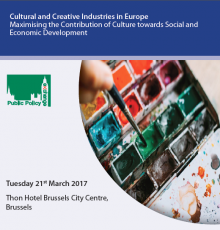
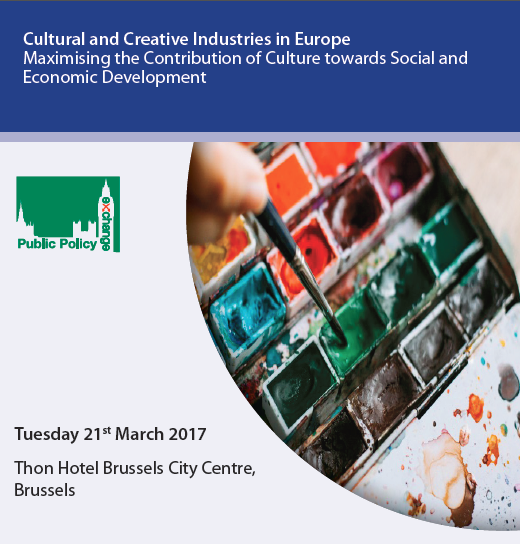 Culture represents an extensive economic asset and a valuable source of creativity and innovation. According to the European Parliament’s report on EU policy for cultural and creative industries (June 2016), Cultural and Creative Industries (CCIs) have become high-capacity engines for economic growth, representing 11.2% of all private enterprises and 7.5% of all employed persons. Beyond their significant economic contribution, CCIs have built a bridge between arts, culture, business and technology.
Culture represents an extensive economic asset and a valuable source of creativity and innovation. According to the European Parliament’s report on EU policy for cultural and creative industries (June 2016), Cultural and Creative Industries (CCIs) have become high-capacity engines for economic growth, representing 11.2% of all private enterprises and 7.5% of all employed persons. Beyond their significant economic contribution, CCIs have built a bridge between arts, culture, business and technology.
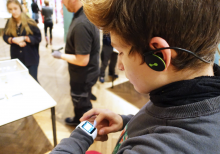
 If you have interesting news and events to point out in the field of digital cultural heritage, we are waiting for your contribution.
If you have interesting news and events to point out in the field of digital cultural heritage, we are waiting for your contribution.

